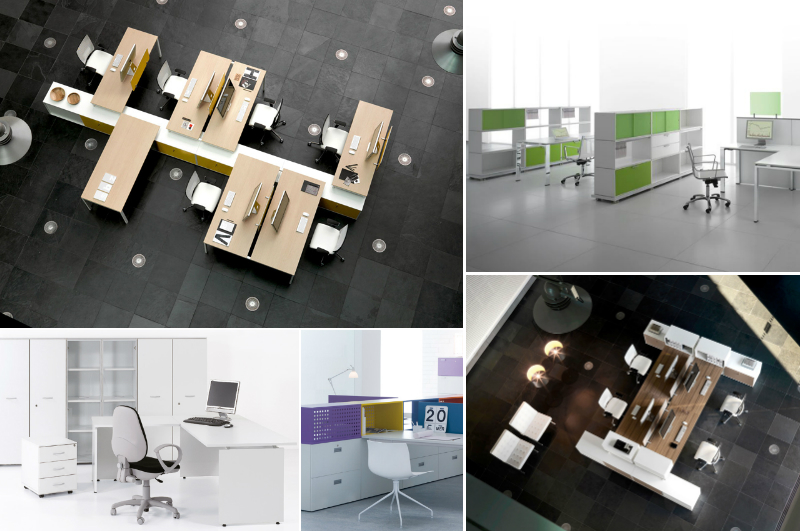Covid-19, the office changes its face to comply with security provisions
For some years new trends have been registered with regard to the workplace, but with the necessary precautions related to the fight against the Covid-19 virus, more drastic measures will be introduced that will revolutionize spaces and ways of working.
The pressure created by the pandemic has already been recorded in office transaction numbers for the first quarter of 2020, with a zero-impact month of March. According to the data processed by Cushman & Wakefield, the volumes of the first three months of the year exceeded 1.7 billion euros (including the indirect transaction relating to the acquisition by Unicredit of Esselunga properties) with an office sector with volumes of investment at 524.4 million euros against 906 million in the same quarter of 2019.

Mario Breglia, president of Scenari Immobiliari talks about large volumes intended for office use which will become superfluous due to the tendency to telework, or already large spaces will be dedicated to the individual with greater attention both to hygiene measures. There is talk of services included in buildings to make sure that you go out as little as possible, for example gyms, shops, services, etc. 
According to Breglia, the majority will invest in the best use of the available spaces to make work more welcoming. Some companies have already devised anti-Covid measures: such as spaced desks, marked and predetermined paths to avoid meeting each other, plexiglass screens to protect themselves behind the desk and quota entrances.
It is talking about immersive spaces, where interior design travels hand in hand with brand communication. Acoustics, lighting technology and greenery are the must-haves, whose applications are endless. The workplace will become a space that can be used in different ways, including smart working, creating an environment where it is possible to work both in teams and independently, adapting to workers' needs and in complete safety.

image from: OfficePlanet.it
Alessandro Mazzanti, head of Cbre in Italy, believes that the change will only be temporary, since, once the vaccine has been identified, it will return to a sort of normalcy, which could be established with a 24-month forecast.
For now, at European level C&W reports that out of 2,700 ongoing negotiations, about 80% are going to close, 4% have jumped and 16% are slowing down. If smart working becomes stable, then spaces will change. Instead, there is fear of a crisis in the coworking sector.
In fact, according to experts, for fear of contagion and to avoid any risk, many professionals will not want to work side by side with strangers.

The sector will certainly face evolutions and many large and small companies have already started a path of innovation, so that work can resume with greater functionality and less risk.


 Immobili Residenziali
Immobili Residenziali